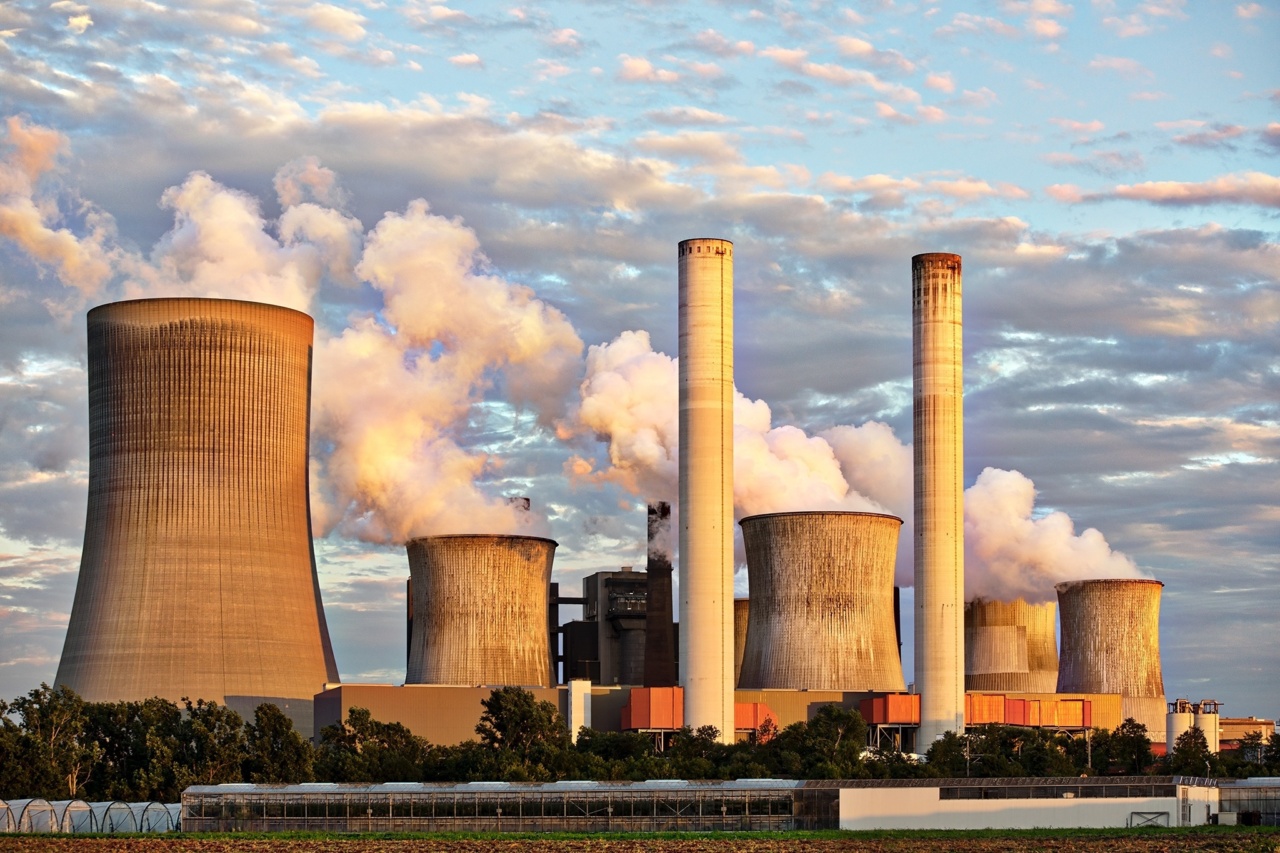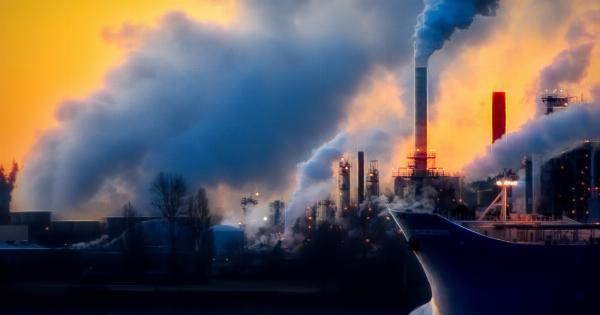Air pollution is a major problem across the globe, and it is only getting worse. It is one of the biggest environmental threats that our planet faces today and is a leading contributor to climate change.
Air pollution is a serious problem that affects everyone, but it is especially harmful to children. The health effects of air pollution are well documented, and they can be devastating for young children whose bodies are still developing.
What is Air Pollution?
Air pollution is the presence of harmful substances in the air we breathe. These harmful substances can come from natural sources, such as dust and smoke from wildfires, or from human activities like burning fossil fuels and industrial processes.
Some of the most common air pollutants include:.
- Particulate matter
- Nitrogen oxides
- Sulfur oxides
- Ozone
- Carbon monoxide
How Does Air Pollution Affect Kids?
Kids are more susceptible to the harmful effects of air pollution because their bodies are still developing. Children breathe in more air per pound of body weight than adults do, and their lungs are still growing and developing.
Exposure to air pollution can cause a range of health problems in children, including:.
- Asthma
- Respiratory infections
- Lung damage
- Developmental delays
- Behavioral problems
- Cancer
How Can Parents Protect Their Kids?
While air pollution is a global problem that requires a collective effort to solve, there are steps that parents can take to protect their kids from its harmful effects. Some of these steps include:.
- Checking air quality indexes
- Avoiding outdoor activities during high pollution days
- Closing windows and doors during high pollution days
- Investing in an air-purifying system at home
- Encouraging carpooling or using public transportation
- Limiting time spent in highly polluted areas such as near highways or industrial areas
The Long-Term Effects of Air Pollution on Kids
The long-term effects of air pollution on kids are still being studied, but research has shown that the effects can be long-lasting and even permanent.
Exposure to air pollution during childhood can cause respiratory problems that can last into adulthood, and it can even increase the risk of developing lung cancer later in life. Children who grow up in areas with high levels of air pollution are also more likely to experience cognitive problems and behavioral issues as they get older.
The Role of Government and Community in Air Pollution Reduction
Air pollution is a complex problem that requires a collective effort to solve. Governments and communities all over the world are taking steps to reduce air pollution. These steps include:.
- Investing in renewable energy
- Tightening emissions standards for industries and transportation
- Restricting the use of harmful chemicals and pesticides
- Encouraging sustainable practices
- Creating green spaces and planting more trees to absorb pollutants
The Bottom Line
Air pollution is a serious problem that affects everyone, but it is especially harmful to children. The effects of air pollution on children can be devastating, and they can last well into adulthood.
Parents can take steps to protect their kids from the harmful effects of air pollution by checking air quality indexes, limiting time spent in highly polluted areas, investing in air-purifying systems, and encouraging sustainable practices. Governments and communities also have a role to play in reducing air pollution through investments in renewable energy, emissions standards, and green spaces.
























